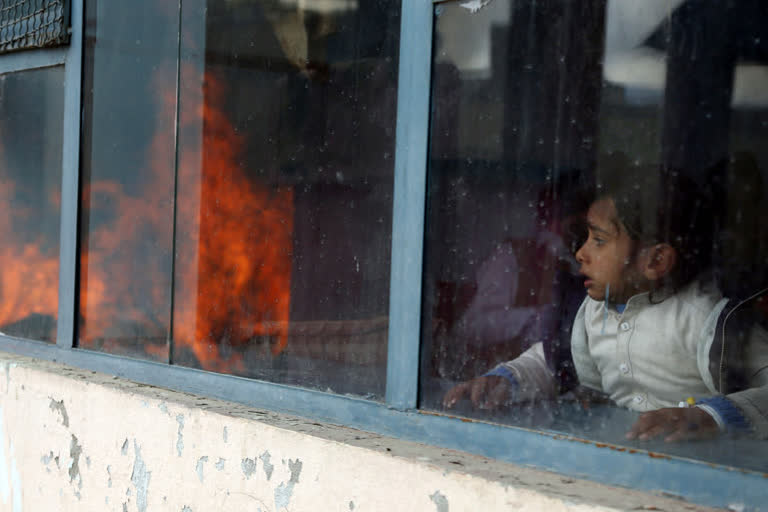New Delhi:The suspected Islamic State of Khorasan (ISK) suicide bomber who blew himself up inside the Dharamshala gurudwara in the Shorbazar area of central Kabul on Wednesday was an Indian hailing from Kasaragod in Kerala.
An ISK post, identifying the suicide bomber as Abu Khalid al-Hindi, claimed the attack was to “avenge the plight of oppressed Muslims in Kashmir”.
According to a government security source, Abu Khalid al-Hindi is none other than Mohammed Sajid Kuthirummal also known as Saji and Sajid, who joined the Islamic State after flying out from Mumbai to Dubai on March 31, 2015.
The Indian government believes that quite a few persons from Kasaragod had left for Afghanistan to join the Islamic State and to live under ‘a Caliphate where Islamic laws prevailed’.
Twenty-eight people died in the gurudwara attack for which the ISK claimed responsibility although sources in the Afghanistan government said it was the Pakistan-sponsored Haqqani terror outfit that was behind the attack.
On Thursday, a magnetic bomb also exploded about 50 metres from the funeral ground where the Sikhs were cremated.
A gurudwara is a place of worship of Sikhs. There were about 150 Sikh worshippers inside the gurudwara when the attack started at about 7:45 AM. About 25 people died in the attack while many were injured.
According to media reports, Abu Khalid had fired bursts from his automatic weapons at the worshippers and lobbed grenades before blowing himself up.
